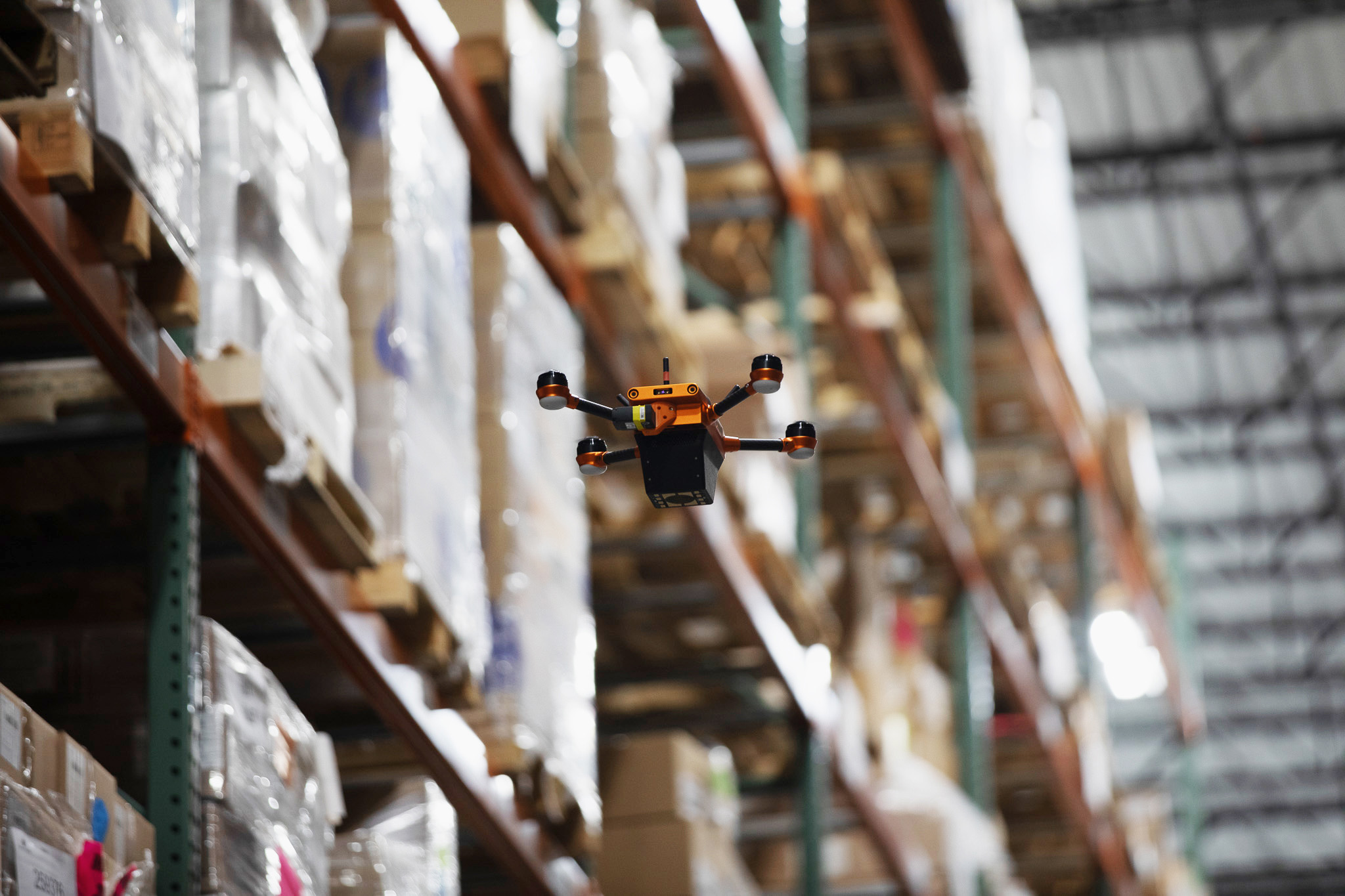Summary:
BioNTech's acquisition of Instadeep for over $550 million marks a pivotal moment for African AI startups.
Instadeep's AI solutions include self-learning systems and GPU-accelerated insights.
The startup has made notable advancements in biotech, improving processes by up to 5x.
Instadeep's Nucleotide Transformer is the most popular AI genomics model globally.
Bayesian flow networks (BFN) are set to revolutionize protein modeling, akin to the early days of GPT-3.
In January last year, German biotech company BioNTech acquired African AI startup Instadeep for over $550 million, marking a significant moment for the continent's tech landscape. Instadeep, which has been operating under this new umbrella for just over a year, has made impressive strides in AI applications for biotech since its acquisition.
Instadeep's Innovative Solutions
Instadeep utilizes advanced machine learning techniques to integrate AI into enterprise applications, offering products that range from GPU-accelerated insights to self-learning decision-making systems. Before the acquisition, it raised over $108 million from notable investors like Google and Deutsche Bahn.
The startup has collaborated on impactful projects, including:
- Developing an early warning system for COVID-19 variants with BioNTech.
- Partnering with Google DeepMind to create a detection system for desert locust outbreaks.
- Automating railway scheduling for Deutsche Bahn.
These collaborations showcase the various applications of Instadeep's technology, especially in aiding BioNTech's mission to develop therapeutics and vaccines for cancers and infectious diseases.
Achievements Post-Acquisition
Fifteen months post-acquisition, CEO Karim Beguir reported significant progress, emphasizing Instadeep's strategic alignment with BioNTech's goals while also maintaining independence in serving clients outside biotech. Key accomplishments include:
- Enhancements in histology processes, accelerating tissue analysis workflows by 5x through visual AI.
- Completion of the RiboMab project, which integrates mRNA-encoded antibodies into BioNTech’s immunotherapy toolkit.
Commitment to Data Security
With sensitive healthcare data at stake, both companies exercise extreme caution. While BioNTech manages personal patient data, Instadeep develops AI models trained on publicly available data, ensuring rigorous privacy protocols are followed, especially with their Nucleotide Transformer model.
Future Developments
Looking ahead, Instadeep is focused on deploying Bayesian flow networks (BFN), a new generative AI model for proteins that outperforms existing models. Beguir likens the current state of biological AI to where natural language processing was with GPT-3 in 2020, highlighting the potential for significant advancements.
Additionally, Instadeep continues to innovate outside of biotech, working on industrial optimization projects with partners like Deutsche Bahn and Fraport.
Growth and Impact
Since the acquisition, Instadeep has expanded its workforce to over 400 employees globally, including a new office in Kigali focusing on geospatial intelligence. Their InstaGeo framework utilizes satellite imaging to predict locust breeding grounds, demonstrating how AI can address pressing challenges like food security in Africa.
This trajectory showcases how Instadeep is not just a player in the AI space but a pioneer in integrating cutting-edge technology with real-world applications that can significantly impact health and agriculture across the continent.








Comments